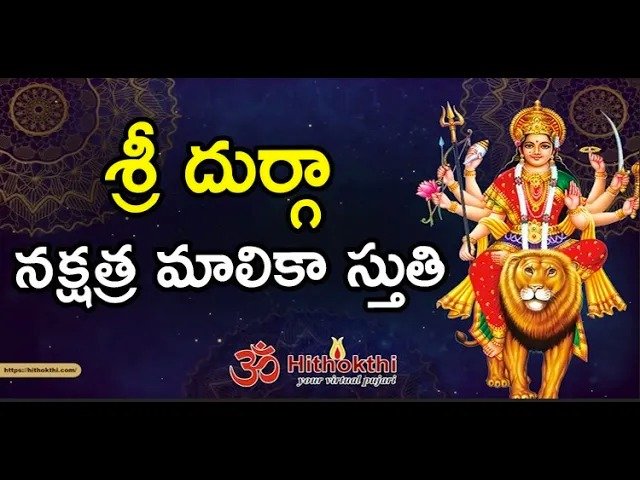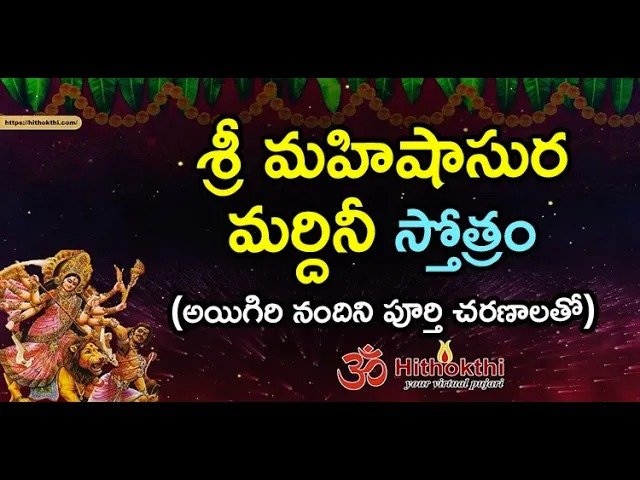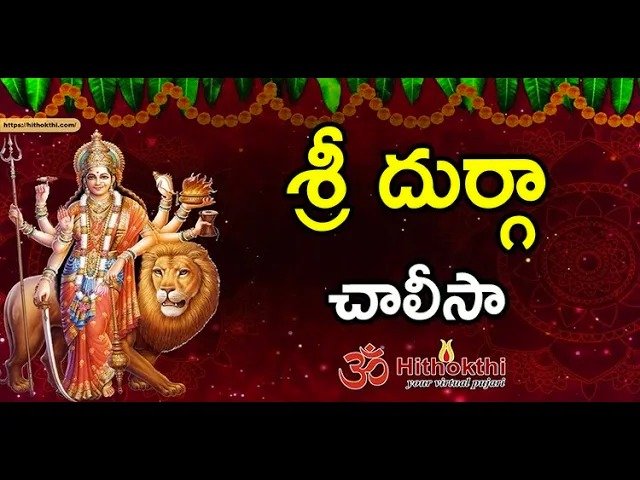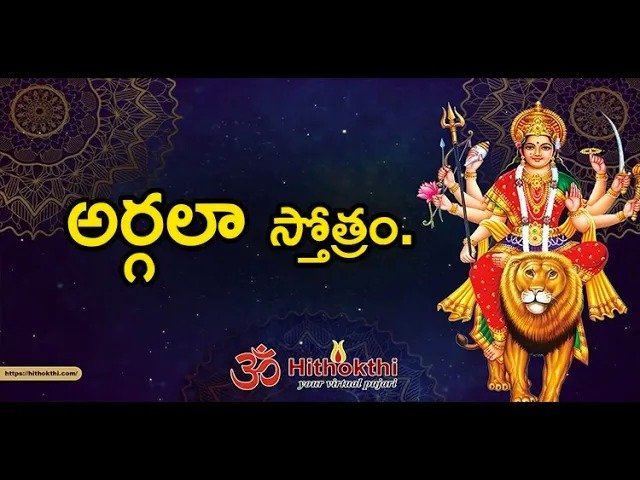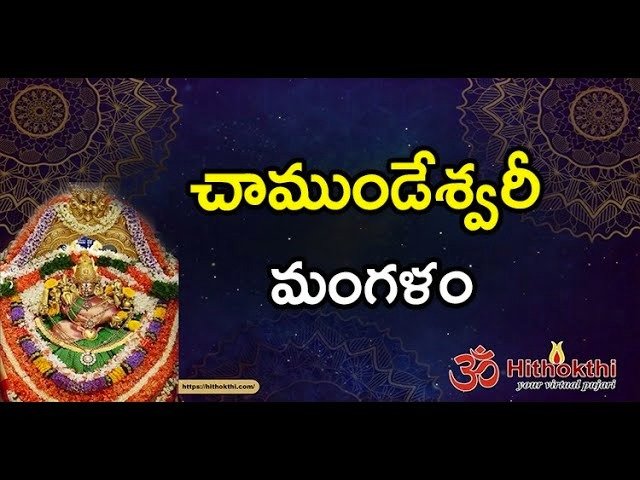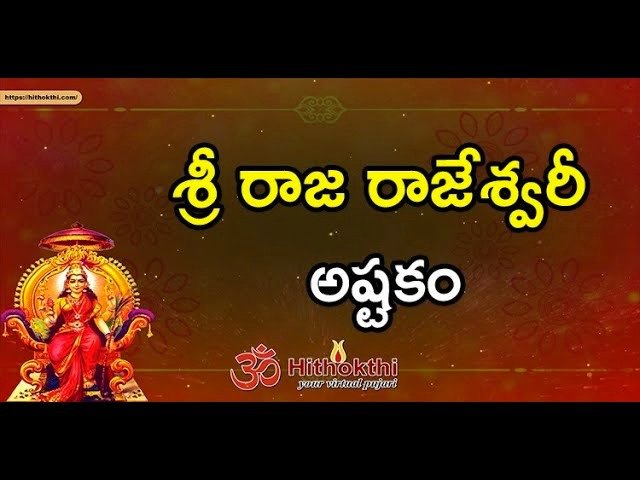The Importance of Dreams in Saivite Literature

July 6, 2013: Lord Shiva has played a very active role in the dreams of Saivite saints and Saivite devotees. Those who believe in such dreams will not accept the western interpretation of dreams.
Hindus are the only race in the world who give importance to dreams and good sleep. I have strong proof for my sweeping statement. In the famous Rudram and Chamakam of Yajur Veda, the devotee prays for good sleep (Sayanam Cha Me, Su Dhinam Cha me)! Brahmins are supposed to do Sandhaya Vandhanam (Water oblation and Gayatri Mantra recitation) three times a day in which they pray for the destruction of nightmares (Dus Swapna Nasanam).
Hindus knew about the REM sleep and dream patterns. They even categorised the dreams as good and bad. The traditional Panchangam (calendar) gives good dreams and bad dreams. Through their scriptures we read the epic characters’ good and bad dreams.

Girls’ names like Swapna, Sapna, English words like Somnambulism, all came from the Sanskrit word for dream: swapna.
In my earlier article on dreams that was posted on 29 December 2011 under the heading ‘’DO OUR DREAMS HAVE MEANING?’’ I have explained how Hindus differ from Western Psychoanalyst Sigmund Freud and Jung. I have given the Hindu view through the words of Swami Sivananda. I have explained the mysterious dreams of mothers of Gautama Buddha, Mahavira, Swami Vivekananda and famous people such as scientists Kukule, Otto Lowei, mathematician Ramanujan, politician Abraham Lincoln, authors Mary Shelly, Stephen King and singer Paul Mc Cartney. I have also explained the animal dreams mentioned in Sangam Tamil Literature and Swami Vivekananda’s strange dream about Jesus Christ.
Now I write about the role of dream in Tamil Saivite Literature Periapuranam. I have used the English translation of Swami Sivananda of Divine life Society. But the interpretations are mine.
In Tamil Sangam Literature over 40 dreams of humans are reported. In the Tamil epic Silappadikaram, we read about the bad dreams of Kannaki just before the execution of her beloved husband Kovalan ( Gopalan). In Tamil Periyapuranam also we come across several dreams in the stories of Nayanars. Periapuranam is a book written in poetry form by poet Sekkizar in 11th century detailing the life history of 63 Saivite saints called Nayanars.
Sundarar was one of the four important Saivite saints. After marrying Paravaiyar, he fell in love with another girl Sangiliyar. She used to make garlands and bring them to the temple. Sundrar prayed to Lord Shiva to make this marriage happen. Lord Shiva appeared in the dreams of Miss Sangiliyar and asked her to marry saint Sundarar. Though Lord fulfils devotees’ requests, it is up to the devotees to bear all the consequences. Sundarar’s life also took some unexpected turns.
Another important dream is found in Kannappa Nayanar story. He was the first one who did eye transplant ‘operation’ 1500 years ago! Read my earlier post for the full story of Kannappa Nayanar in ‘’MIRACLES BY THE BLIND & OLDEST ORGAN DONATION’’ posted on 25th February 2013.When the Brahmin priest who did traditional rituals was very upset with the unconventional rustic puja of Kannappan, Lord Shiva appeared in the dream of priest Sivagochariar and asked him to watch Kannappan the next day from a hiding place.
In the story of Tiru Nalai Povar alias Nandanar, Siva appeared in the dreams of two opposing parties and coordinated his temple visit. Tiru Nalai Povar (literal translation-- Mr Tomorrow), who belonged to a lower caste wanted to enter the most sacred shrine of Tamil Saivites—Chidambaram Temple. Lord made a compromise by appearing in the dreams of ‘’Thillai 3000’’ Priests and Mr Tomorrow. He asked Mr Tomorrow to undergo a Fire bath like Sita Devi to prove that he was pure. He appeared in the dream of Thillai Priests to arrange a Fire Walking ceremony and then bring him inside the temple. This shows how the fire walking ceremony was started by Sita Devi and spread to Tamil Nadu and practised till today.
Appar and Sambandhar
In the story of Appar, Lord Shiva appeared in the dream of his sister Tilakavathy. Shiva convinced her that her brother would return home and reconvert himself to Hinduism. When Appar started a fast against the removal of Shivalinga by the Jains in Vadathalai temple, Lord Shiva appeared in King’s dream and ordered him to restore order. In the story of Nami Nandi Adikal also we see a similar dream.
Tiru Jnana Sambandar, the boy wonder of Saivism, was given pearl palanquin by the Lord. He revealed the location of the palanquin in the dreams of the town people. Same dream came simultaneously to the devotees. This type of episode cannot be explained by science or psychoanalysts.
In the story of Pusal Nayanar we read about the construction of a temple by two methods. Pusal Nayanar did build a temple mentally. Pallava king built a temple physically. Both of them fixed the same auspicious day for consecration. But God appeared in the dream of Pallava King and asked him to postpone it.
In another story about Tiruneelakanta Yazpanar , God appeared in several peoples’ dreams and asked them to bring him inside the temple so that Lord can hear his sweet songs.
Though it is not an exhaustive list of all dreams, still one can see a pattern in them.1) Hindu approach to dreams is entirely different from Western analysts 2) No one can deny a place for the Hindu interpretation of dreams 3)Personally I feel the western interpretation of dreams is incomplete. Their interpretation could not be applied for all the dreams.4) In the olden days ASARIRI (anonymous voice) was heard more. Later it was replaced by dreams. Like we change methods of communication from cable phones to mobile phones God also changed his method of communication from Asariri to dreams.5)If one devotee dreams and it comes true we may consider it a coincidence or a dream come true by luck. But we read in Saivite literature that God appeared simultaneously in several people’s dreams. This is unique.6) Hindus take dreams seriously. In the olden days, they did what they were instructed to do. Even now they remember them and they approach their close relatives and friends and ask for explanation/interpretation of the dreams. 7) In the above episodes, we see two kings had dreams. They took them seriously and acted accordingly.
Source: Speaking Tree, DT. July 6, 2013.

